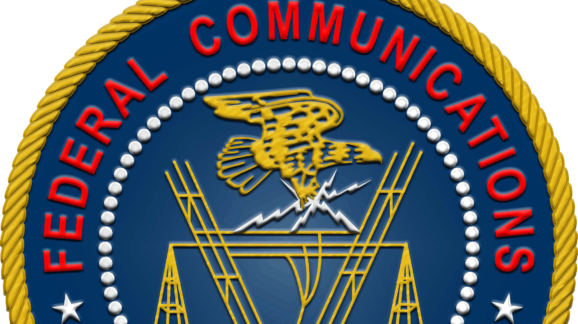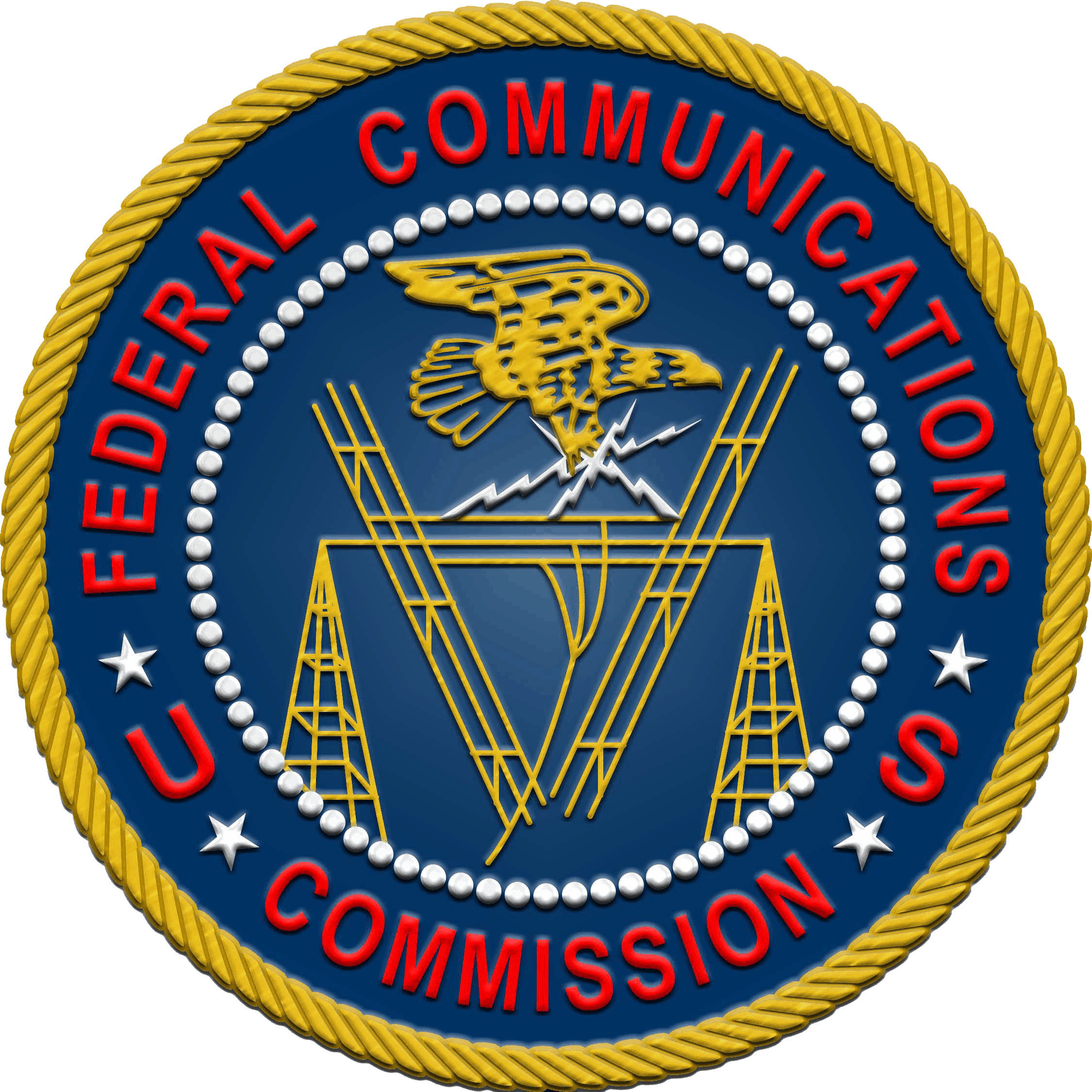Who Will Regulate Tom Wheeler?

 In his call for regulation of the Internet sector—and not just of the Internet service providers whom he wanted to bow to net neutrality—former Federal Communications Commission Chairman Tom Wheeler is even going after Obama White House pals and frequent guests Google and Facebook, as well as Amazon and Apple.
In his call for regulation of the Internet sector—and not just of the Internet service providers whom he wanted to bow to net neutrality—former Federal Communications Commission Chairman Tom Wheeler is even going after Obama White House pals and frequent guests Google and Facebook, as well as Amazon and Apple.
Wheeler’s new article is “Taming Monopolies in the Digital Age,” published by former vice president Joe Biden’s nonprofit foundation. In his attack on these companies, Wheeler used the following terms and phrases in a menacing and disparaging manner:
“monopolies,” “network companies,” “powerful companies” (he used that one three times), “industrial power,” “behemoths” “these companies,” “the barons of the new technology” “industrial barons” “monopolies of ISPs and companies that deliver internet services to consumers,” “the companies that control the internet.” “how the corporate Goliaths of the internet,” “giants,” “the powerful.”
Some people, however, think that when free competition suffers, it is government intervention that is the problem, not the companies doing the competing. So here’s what happens when I run a “find and replace” on Wheeler’s phrases above with the phrase, “people like me.”
Taming people like me in the digital age
By (not) Tom Wheeler
Our nation has faced the corrosive power of people like me before. The lack of competition that initially contaminated the industrial revolution was gradually tamed, and the benefits of technological progress eventually produced a secure and stable American middle class. But this achievement did not happen by accident, and was instead the product of a hard-fought effort to inject competition into an economy dominated by people like me. Once again, it falls to Americans and their leaders to rebalance the results of a technological revolution to benefit all, not simply people like me.
Eric Schmidt, Executive Chairman of Google’s parent company Alphabet, Inc., wrote in his best-seller The New Digital Age: “We believe that modern technology platforms, such as Google, Facebook, Amazon and Apple, are even more powerful than most people realize.” To this litany of corporate power must also be added the people like me…. People like me that threatened competitive markets in prior decades are alive and well in the digital era. Indeed, four internet service providers (ISPs) control over 75 percent of local internet delivery, usually as local people like me that give consumers no alternative when it comes to service or price.
The dominance of people like me — whether the networks or the services and content they deliver — has empowered them to make their own rules. And with their own rules comes marked pain for the middle class. It is a stark repeat of the early industrial era when people like me exploited technology to control the economy, squash competition, and dictate take-it-or-leave-it terms to consumers.
In the industrial era, this power came from the production of hard assets, whether it was plows or pinwheels. In today’s digital economy, corporate dominance is rooted in companies’ exploitation of soft assets, specifically our private information. Multinational tech firms such as Google and Facebook have rocketed to become the most valuable companies in the world by hijacking and selling something that isn’t theirs — the intimate and personal information about how we each live our lives. And now, people like me have joined in this exploitation to use your private information.
Not since the power of the people like me of the late 19th and early 20th centuries have we seen such a harnessing of new technology to enrich one group at the expense of marketplace competition, individual rights, and consumer protection.
We cannot forget what happened during the industrial era to make things right, however. The great American middle class was the result of progressive reformers who stood up and said, “Enough!” Only then did the government representing those citizens step up to reassert the rights of the people over people like me; only then did the government move to protect a competitive marketplace.
It is time to recognize that the people like me in the country should not be making their own rules.
We are now at another make-or-break junction. Thus far, the government has stood frozen in awe as spunky young innovators built their businesses — almost in fear of breaking the magic spell of innovation. These young companies, however, have grown into corporate behemoths. The world’s five most valuable companies — Apple, Alphabet (a.k.a. Google), Microsoft, Amazon and Facebook — have replaced industrial firms such as GE, Exxon, Walmart and Citibank who topped the list at the turn of the century.
At the same time, the current FCC has walked away from its responsibility to oversee the behavior of the people like me.
The danger of upsetting whatever technological magic existed has vanished as innovators became people like me. The fear that networks won’t get built has been proven to be an empty lobbying threat: to take one example, the share of households with an internet subscription rocketed from under 20 percent in 1997 to 77 percent today. It is time to recognize that the most people like me in the country should not be making their own rules.
These are not evil companies or malicious executives. In the absence of ground rules, however, human nature and economic incentive take over. Aided and abetted by their powerful technological capabilities, people like me are free to impose their will without permission or oversight.
In the midst of the challenges facing 21st-century Americans, it is sometimes hard to find time to focus on people like me silently slipping their control into our daily lives. Yet, the time has come once again for the people to stand up and shout “Enough!”
A key ingredient in the rise of a healthy sustainable middle class was people’s collective communication to their representatives in government to demand a rebalance of the inequities created by people like me. A similar imbalance now exists in regard to digital power over each of our lives, our privacy, competition, and consumer protection.
Yes, enough!